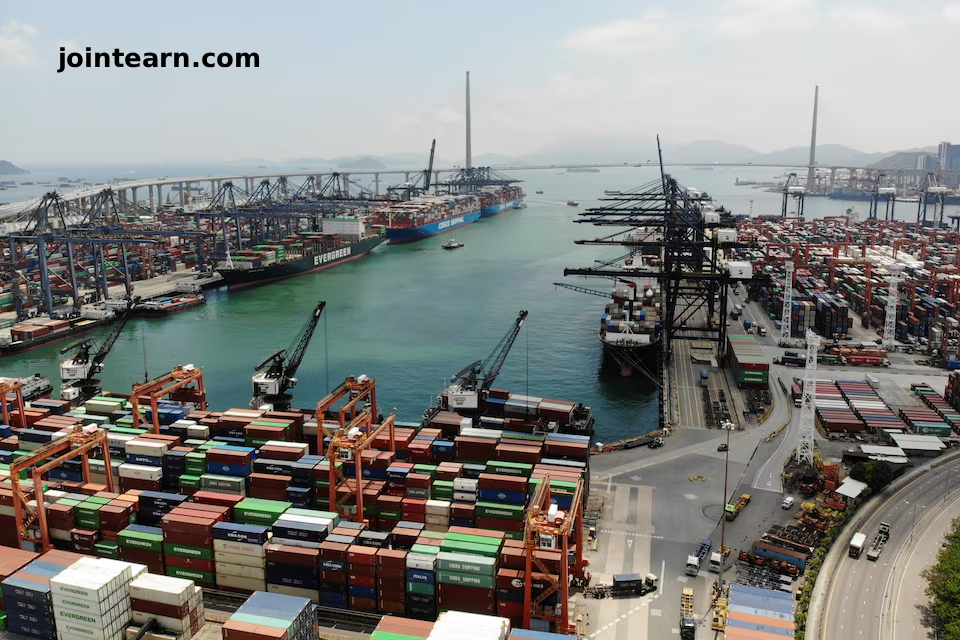
Hong Kong’s economy demonstrated robust growth in the third quarter of 2025, expanding 3.8% year-on-year (y/y), according to official government data released on Friday. This figure marks the city’s 11th consecutive quarter of economic expansion, reflecting resilience in both domestic consumption and international trade.
The Q3 GDP growth exceeded the second quarter’s 3.1% increase and the first quarter’s 3.0% growth, highlighting a consistent upward trajectory for Hong Kong’s economy throughout the year.
Key Drivers of Hong Kong’s Economic Growth
Government economists attributed the strong economic performance to several key factors:
- Surge in Exports: Demand for Hong Kong’s goods, particularly electronic-related products, remained robust, supported by easing China-U.S. trade tensions.
- Domestic Consumption: Private sector spending and investment in machinery, equipment, and intellectual property products contributed significantly to overall economic expansion.
- Inbound Tourism and Financial Services: The revival of tourism and vibrant financial market activities bolstered Hong Kong’s services sector, providing additional momentum to economic growth.
Acting government economist Cecilia Lam stated, “Looking ahead, the Hong Kong economy should see further solid growth for the rest of 2025. Sustained increases in inbound tourism and financial market activities will continue to support services exports.”
Quarterly Economic Performance
On a seasonally adjusted quarterly basis, Hong Kong’s GDP grew by 0.7% in July-September. This is an improvement over the 0.4% growth recorded in April-June, although slightly lower than the 1.8% expansion in January-March.
The government has upgraded its GDP forecast for 2025 to 3.2%, up from the previous 2%-3% estimate in August, reflecting stronger-than-expected economic resilience.
Inflation and Investment Outlook
In tandem with robust growth, inflation in Hong Kong is expected to remain modest. The government revised its 2025 inflation forecast downwards, with underlying inflation now projected at 1.2% and headline consumer price inflation at 1.5%, down from prior estimates of 1.5% and 1.8%.
“Overall inflation should remain subdued in the near term as domestic cost pressures remain contained and external price pressures ease,” Lam added.
Investment expenditure also recorded significant growth, driven by increased spending on machinery, equipment, and intellectual property products. This trend indicates strong confidence in the business environment and continued private sector expansion.
Market Implications
Hong Kong’s sustained economic growth and revised upward GDP forecast signal a positive outlook for investors and businesses in the region. The combined strength of exports, domestic consumption, and tourism, coupled with stable inflation, positions Hong Kong for continued economic stability in the near term.


Leave a Reply